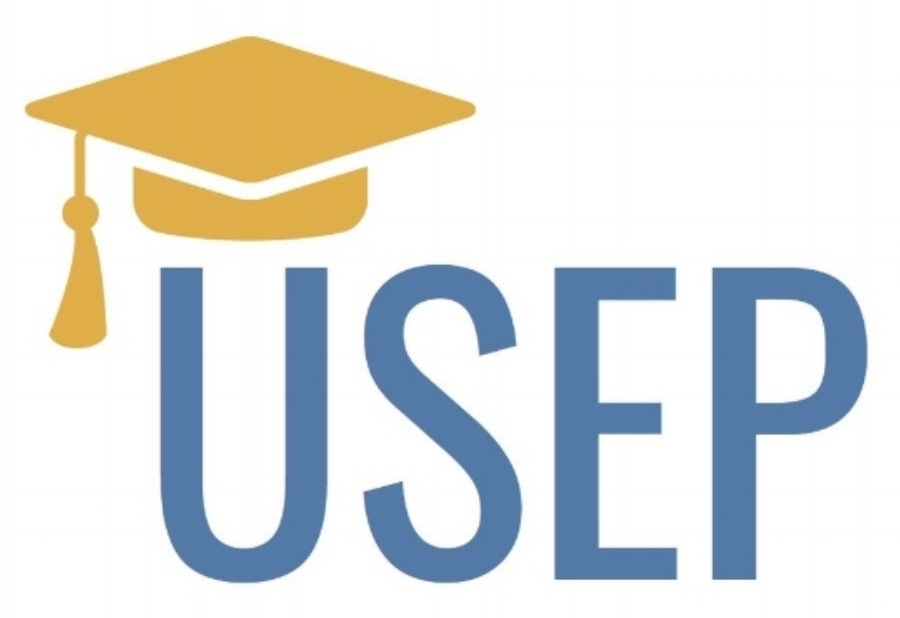Research Reports
Persisting Inequalities and Paths Forward:
A Report on the State of Undocumented Students in California’s Public Universities
Over the past two decades, California has opened the halls of higher education to undocumented youth. State policies and institutional practices have steadily increased their numbers, and California now hosts one in five of the nation’s undocumented college students. But how are these students faring once they arrive on campus?
This report takes stock of the experiences of undocumented college students attending California’s two public university systems: the California State University and the University of California. Based on survey responses from nearly 1,300 undergraduate students during spring 2020, it powerfully illustrates how undocumented immigration status disrupts college students’ educational experiences and wellbeing. It offers specific steps that educational institutions can take to combat persisting inequalities and forge pathways toward equity and inclusion.
How Can Universities Foster Educational Equity for Undocumented College Students
Undocumented students face a multitude of barriers when pursuing higher education. This report examines what universities can do to promote the educational equity of undocumented students. We focus on the University of California system, nine undergraduate educational institutions that have supportive institutional policies and are located in a state that offers access to in-state tuition and state-funded financial aid. Drawing on focus groups and interviews with 214 undocumented University of California undergraduate students and an original survey with 508 respondents, we outline how these educational institutions have successfully closed some resource gaps by creating undocumented student programs. We then explore four persisting barriers: financial need, academic distraction, mental health, and limited postgraduate preparation. We end by outlining policy recommendations.


